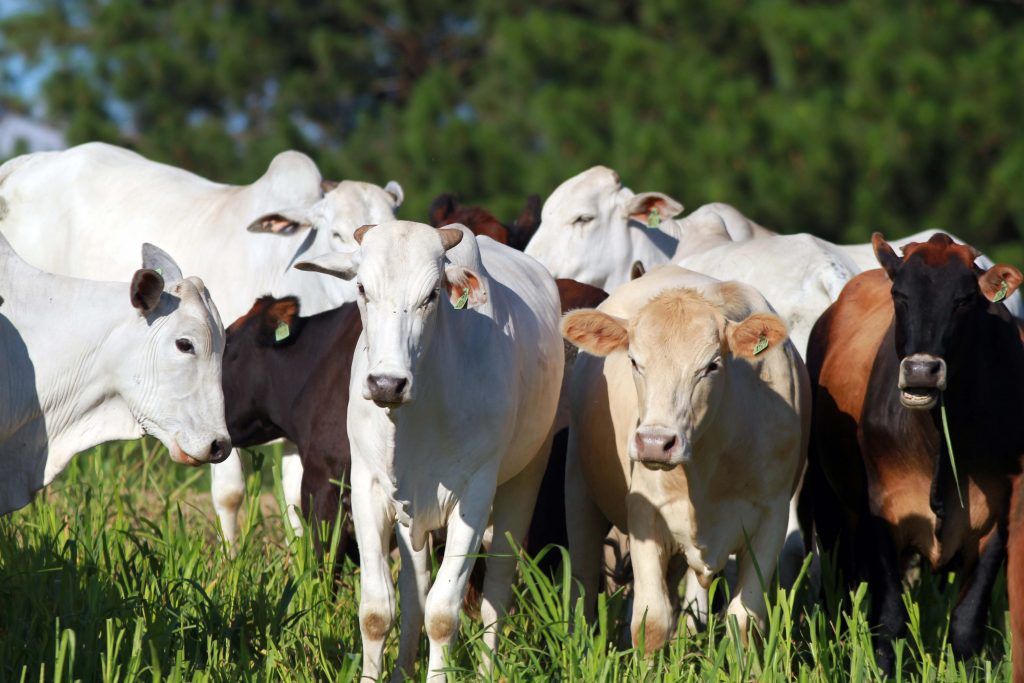Brazil was the largest exporter of frozen beef in 2022, recording external sales of $10.938 billion, an increase of 6.9% over 2021.
Overall, Brazil remains an important partner in the global trade of certain agricultural products, especially soybeans, beef, poultry, sugar, orange juice and coffee.
In 2021, the agricultural sector’s share of gross value added and employment was 8.1% (up from 5.7% in 2017) and 9.7%, respectively (including fisheries and forestry), according to World Trade Organization (WTO) data.
Brazil prohibits the commercialization, including import and export, of hormonal substances with anabolic characteristics, unless they are to be used for therapeutic or research purposes.
The use of substances with anabolic hormonal properties to promote growth and weight in cattle and poultry for slaughter is prohibited.
Frozen beef
The WTO also reports that in recent years, Brazil has held bilateral discussions to open more than 200 new markets for Brazilian agricultural products, including beef, poultry, plants, animal genetic material and fruits, in a number of countries: Argentina, Canada, China, Egypt, Singapore and Thailand, which are either eliminating the non-tariff restrictions previously applied to these products or are resuming their importation.
Brazilian exports of frozen beef were put at $5,611 million in 2019; $6,679 million in 2020; and $6,971 million in 2021.
To take as a point of comparison: The United States exported this same product for a customs value of $5,798 million in 2022, placing it as the second largest global exporter.
Worldwide, beef exports (both frozen, fresh and refrigerated) totaled 58,754 million dollars in 2021, with the former amounting to 30,984 million dollars and the latter to 27,770 million dollars.

